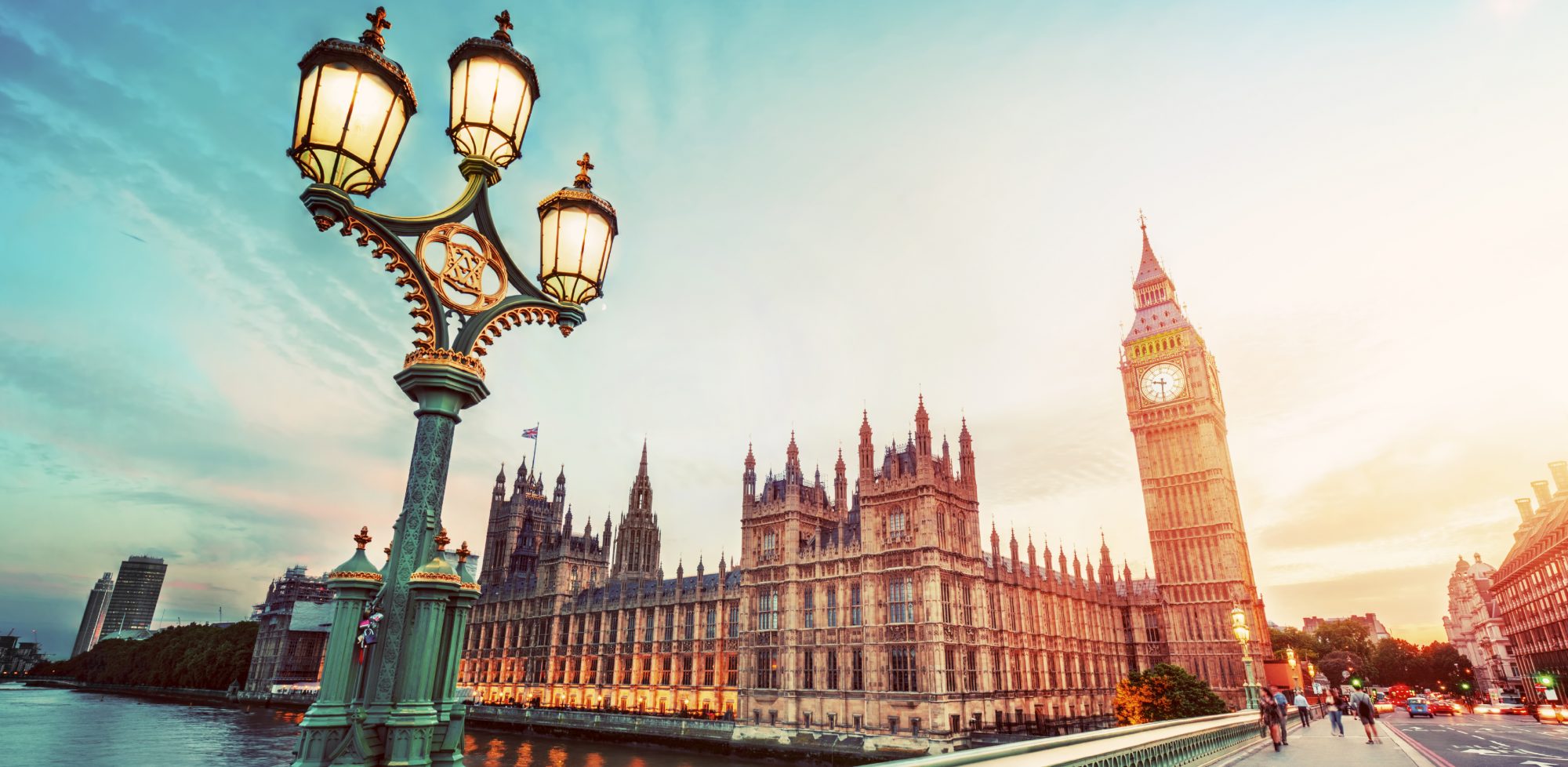Response to Prime Minister’s Green Recovery Speech
CIEEM is extremely disappointed to hear the Prime Minister Boris Johnson’s words at Dudley this morning. Despite heralding a green recovery and promising investment into a green future, the Prime Minister sent mixed messages by belittling the importance of biodiversity through his attribution of the slow rate of housebuilding in the UK to “newt counting delays”.
Firstly, CIEEM is not aware of the existence of any robust data demonstrating that the presence of great crested newts slows down development. Responsible developers, who carry out appropriate surveys early in the planning stages, would not normally experience a delay significant enough to affect their rate of housing completions. However, if a proportion of developers did experience such delays, the effect would surely be one of deferment, not cancellation of projects. Since laws protecting great crested newts in the UK have been in place since 1981, it seems highly unlikely that delayed projects with great crested newt issues would be to blame for the 2018 housing figures cited by the Prime Minister.
It is interesting to note that the PM’s comparators, Germany, the Netherlands and France, as member states of the EU, all implement the same EU directives on protection of rare species, and all fall within the natural range of the great crested newt. The only legitimate conclusions regarding their differing rates of house construction would seem to be that either (i) there is nothing wrong with the EU law protecting great crested newts, just the way that the UK government has chosen to implement it, or (ii) that the differences in housing completions are, in fact, nothing to do with newts and relate to more traditional issues like land supply, the wider planning regime and interest rates. The 2018 Letwin Review found no fault with environmental regulations, but rather in the variety of developments offered.
We understand that it is tempting to blame the great crested newt for policy and market failures, but we would caution that failure to recognise the importance of biodiversity to humanity is a grave error. Our greatest concern is that this is not merely a soundbite, but an indication of policy direction; a ‘Green Recovery’, but only when convenient?
The Government must act in line with its own stated policy in the 25-Year Environment Plan; that every aspect of our society, including the housing market, is reliant on goods and services provided, freely, by the natural environment. Biodiversity is also critical to our ability to adapt to and mitigate the effects of climate change and, as a nation, we need to invest in nature-based solutions. These ‘ecosystem services’ (food, fuel, timber, air, water, minerals and many more) support enterprise to a far greater degree than any Covid recovery package, and business continuity is at risk if we do not understand, evaluate, protect and enhance these aspects of the natural environment on which we rely. Great crested newts are not the problem, they are part of the solution.
The Prime Minister is right in that this is a “chance to be radical”. It must not be a return to business as usual. We have the opportunity to truly move to a green economy that values and enhances the natural environment and places nature-based solutions at its heart. In order to do so he should be focusing on the importance of creating green jobs to support both economic recovery and tackling the climate emergency and biodiversity crisis. Up-skilling the UK workforce and creating green employment will help us to deliver better development and better outcomes for society.
We ask the Prime Minister and his government to stop blaming nature for policy failures of the past and to start helping nature provide the solutions we need for a better future.
